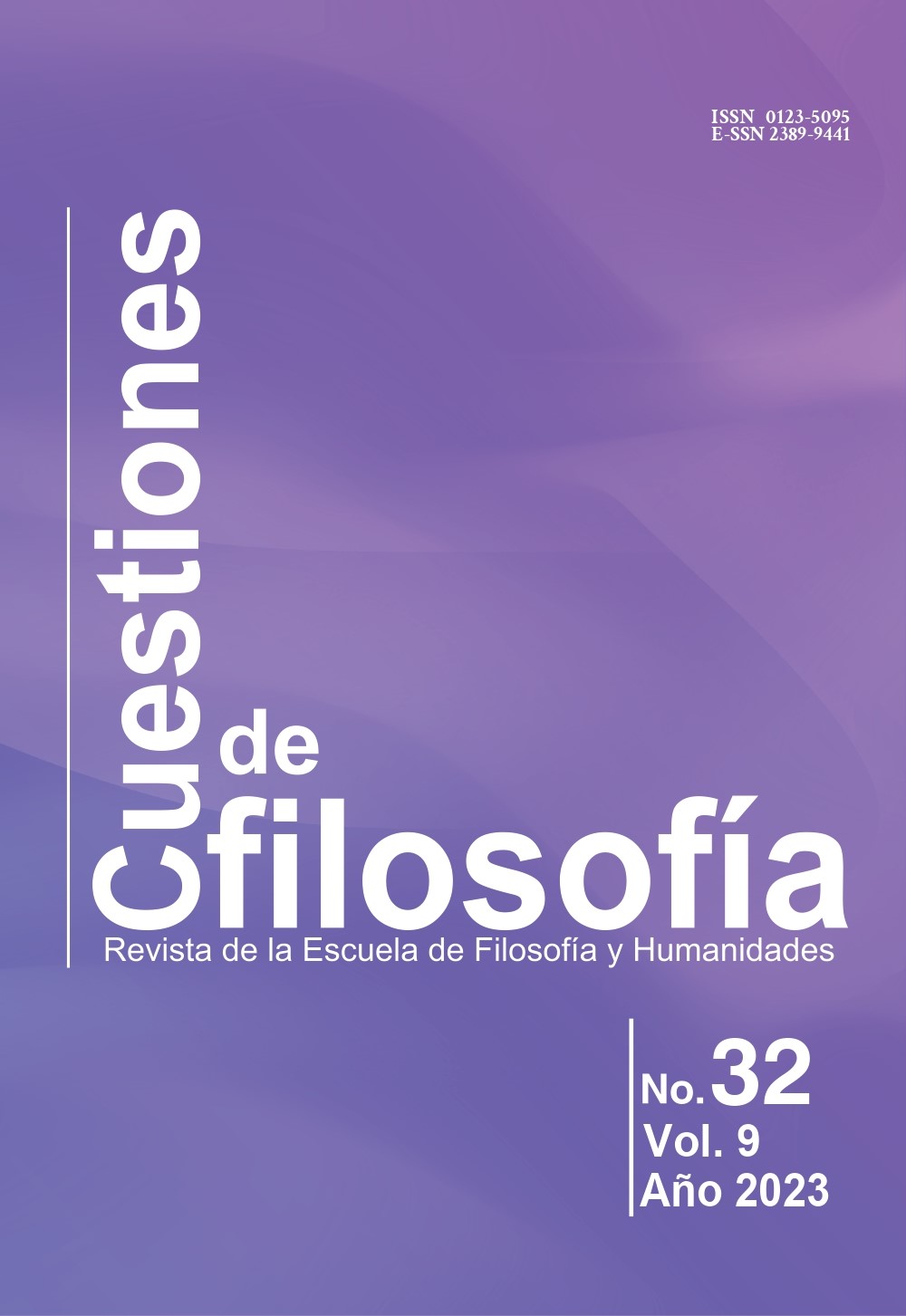Circulations interrupted Marx between Baudelaire and Borges

Abstract
I propose in the following pages to give an account of the possible connections that exist between language and economics, to untie the frameworks that operate in the encounter between both disciplines. So that it is possible for us to clarify why it is that there would be such a significant relationship between the mode of operation of the economy and the role that language plays in it, especially from the problem of exchange as a meeting point between the two. Starting with an exhaustive analysis of Marx's theory of value, we will unravel the encounter, the similarities, and differences that it is possible to establish between language and economics, trying to answer the following questions: Does the theory of value, the way Marx conceived it, work in a similar way to linguistic exchange? Did Marx think about the language-economy relationship in his Critique of Political Economy? What role do abstraction and translation play in all this? As a second moment, we will address the problem of circulation and exchange as fundamental moments of the encounter between language and economy, based on two narratives that have the figure of the currency as the central axis. On the one hand, the case of Baudelaire's counterfeit currency and, on the other, Borges's Zahir. In both writings it is possible to problematize the language-economy relationship where circulation as a process of exchange is in question, which can be interrupted. Do Borges and Baudelaire present us with a possibility of thinking about an interruption of the processes of circulation of capital as Marx conceived them?
Keywords
circulation, translation, language, economy, interruption
References
- Almeida, I. (2002). La moneda de Borges: de la degradación al desgaste -rudimentos de semiótica Borgesiana. Revista Variaciones Borges, 13, pp.
- -77. https://www.borges.pitt.edu/sites/default/files/1304.pdf
- Baudelaire, C. (1995). La moneda Falsa. Spleen de París. Madrid: Catedra.
- Benjamin, W. (2010). Sobre el lenguaje en general y el lenguaje de los hombres. Ensayos escogidos (pp. 127-148). Buenos Aires: Cuenco de Plata.
- Borges, J. (1984). Obras completas. Buenos Aires: Eméce.
- Brunhoff, S. (1974). La concepción monetaria de Marx. Buenos Aires: Ediciones del siglo.
- Deleuze, G. (2013) Lógica del sentido. Barcelona: Paidós.
- Derrida, J. (1995). Dar (el) tiempo. Barcelona: Paidós.
- Derrida, J. (1998). Políticas de la amistad. Madrid: Trotta.
- Goux, J. (1973). Los equivalentes generales en el marxismo y el psicoanálisis. Buenos Aires: Calden.
- Goux, J. (1994). The coiners of language. Norman: University of Oklahoma
- press.
- Hamacher, W. (2012). Lingua Amissa. Buenos Aires: Miño y Dávila.
- Jaubert, A. et Luxereau F. (1983). Jorge Luis Borges au Collège de France
- [Interview]. CNRS IMAGES. https://images.cnrs.fr/video/619
- Laera, A. (2007). De la periferia al Imperio: Inflexiones de la relación entre ficción y dinero en “El zahir” y “El otro”. Revista Variaciones Borges, 23, pp. 37-49. https://www.jstor.org/stable/i24880449refreqid=excelsior%3A661f1b7d79d7d23d78023b6f2ebb5964
- Lezra, J. (2017). Untranslating Machines: A genealogy for the ends of global thought. London / New York: Rowman & Littlefield.
- Lezra, J. (2018). On the nature of Marx’st hings: Translation as necrophilology. New York: Fordham University Press. DOI: https://doi.org/10.2307/j.ctt2204pr6
- Lezra, J. (2019). El tipo español: Borges, Derrida, intraducibilidad. Revista online Mimesis. https://edicionesmimesis.cl/index.php/2019/08/21/ DOI: https://doi.org/10.34019/1982-2243.2017.v21.27972
- el-tipo-espanol-borges-derrida-intraducibilidad-por-jacques-lezra/
- Marx, C. (2007). Elementos fundamentales para la crítica de la economía
- política. Madrid: Siglo XXI.
- Marx, C. (2008). Contribución a la crítica de la economía política. Madrid:
- Siglo XXI.
- Marx, C. (2017). El capital: Crítica de la economía política. Madrid: Siglo DOI: https://doi.org/10.29166/economia.v70i111.1393
- XXI.
- Oyarzún, P. (2016). Borges: ensayo y ficción. Revista de Teoría del Arte, 19-
- , pp. 11-37. https://revistateoriadelarte.uchile.cl/index.php/RTA/article/view/38637
- Saussure, F. (1945). Curso de lingüística general. Buenos Aires: Losada
